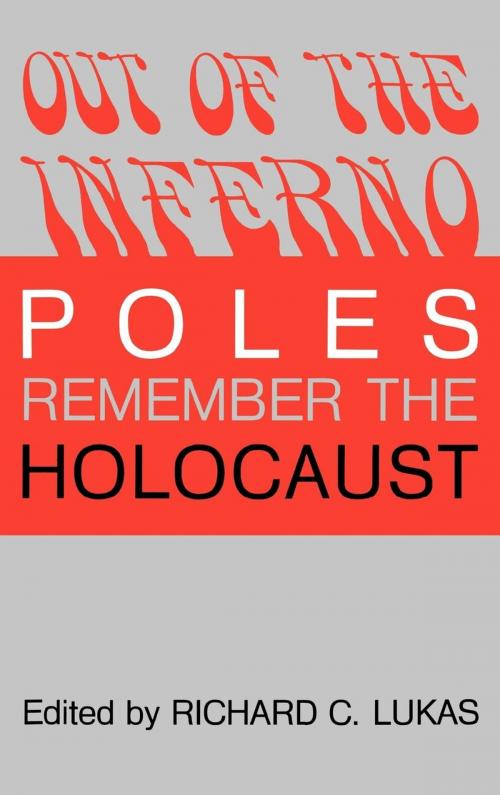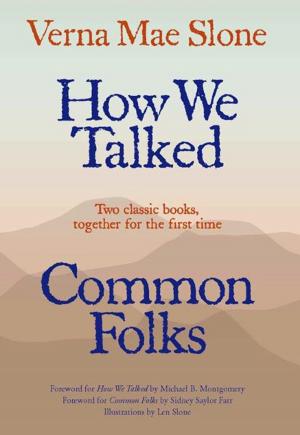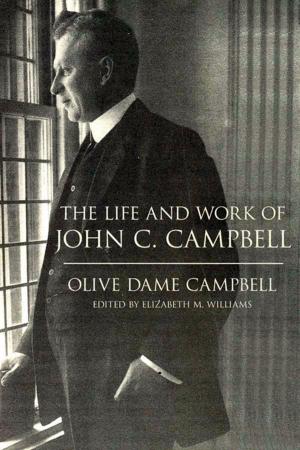Out of the Inferno
Poles Remember the Holocaust
Nonfiction, History, Jewish, Holocaust, Military, World War II| Author: | ISBN: | 9780813143323 | |
| Publisher: | The University Press of Kentucky | Publication: | March 25, 2013 |
| Imprint: | The University Press of Kentucky | Language: | English |
| Author: | |
| ISBN: | 9780813143323 |
| Publisher: | The University Press of Kentucky |
| Publication: | March 25, 2013 |
| Imprint: | The University Press of Kentucky |
| Language: | English |
Richard Lukas's book, encompassing the wartime recollections of sixty "ordinary" Poles under Nazi occupation, constitutes a valuable contribution to a new perspective on World War II. Lukas presents gripping first-person accounts of the years 1939-1945 by Polish Christians from diverse social and economic backgrounds. Their narratives, from both oral and written sources, contribute enormously to our understanding of the totality of the Holocaust. Many of those who speak in these pages attempted, often at extreme peril, to assist Jewish friends, neighbors, and even strangers who otherwise faced certain death at the hands of the German occupiers. Some took part in the underground resistance movement. Others, isolated from the Jews' experience and ill informed of that horror, were understandably preoccupied with their own survival in the face of brutal condition intended ultimately to exterminate or enslave the entire Polish population. These recollections of men and women are moving testimony to the human courage of a people struggling for survival against the rule of depravity. The power of their painful witness against the inhumanities of those times is undeniable.
Richard Lukas's book, encompassing the wartime recollections of sixty "ordinary" Poles under Nazi occupation, constitutes a valuable contribution to a new perspective on World War II. Lukas presents gripping first-person accounts of the years 1939-1945 by Polish Christians from diverse social and economic backgrounds. Their narratives, from both oral and written sources, contribute enormously to our understanding of the totality of the Holocaust. Many of those who speak in these pages attempted, often at extreme peril, to assist Jewish friends, neighbors, and even strangers who otherwise faced certain death at the hands of the German occupiers. Some took part in the underground resistance movement. Others, isolated from the Jews' experience and ill informed of that horror, were understandably preoccupied with their own survival in the face of brutal condition intended ultimately to exterminate or enslave the entire Polish population. These recollections of men and women are moving testimony to the human courage of a people struggling for survival against the rule of depravity. The power of their painful witness against the inhumanities of those times is undeniable.















